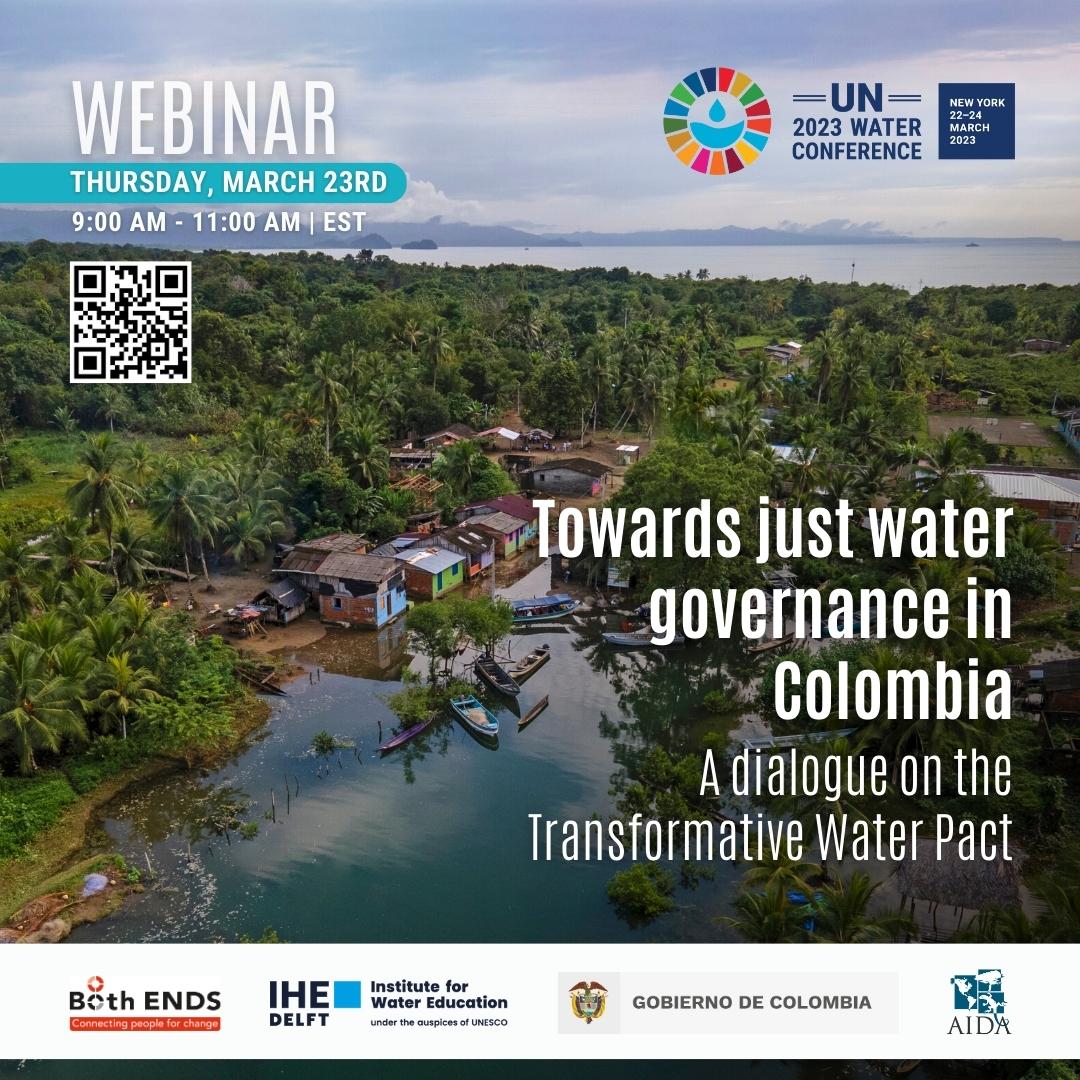

On Sunday November 12th, we'll join the feminist block of this year's climate march in Amsterdam. Join us!

See the Dutch web page for more information (in Dutch).

In 2021, the Dutch government provided a €1.000.000.000,- worth export credit support to Totals Mozgas project in Cabo Delgado, despite civil society warnings about human rights and environmental risks. The gas exploitation fueled a violent conflict, culminating in the Palma attack, displacing 800,000 people and killing 1,200 people.

While agriculture and livestock food production in the world have become increasingly large-scale, industrial and ever more efficient for decades, the damage and inequality this food system causes is also becoming increasingly clear. Across the world, more and more people are therefore engaged in alternative, sustainable food production that ensures many generations to come to still have access to fertile, healthy land and clean water.
In this talkshow, we highlight some of these examples and hope to fuel the dialogue about this topic.
Farid Tabarki - Studio Zeitgeist
Inspired? Join our 'The Future We See' - talkshow on September 28th! You can either attend live or online, quietly listen or actively participate in the discussion - or during the drinks afterwards. We hope to see you there!
To get a glimpse of the atmosphere, see a short video of our last session (about economic systems): https://youtu.be/AUNGcROovnc
And to dive in a little deeper, watch this compilation: https://youtu.be/nzuwIREeiNo

What does an economy look like that serves the well-being of people and the planet?
A wide range of great ideas about a transition to sustainable and just economic systems already exist, including ways to get there and examples that show that it is really possible. In this talkshow, we highlight some of these examples and hope to fuel the dialogue about this topic.
Inspired? Join our 'The Future We See' - talkshow on May 25th! You can either attend live or online, quietly listen or actively participate in the discussion. We hope to see you there!
Get your free tickets for the liveshow (limited!) or to join online here!

The UN Water Conference is an important event that brings together stakeholders from around the world to discuss water and climate solutions. This year, GAGGA is organizing a side event during the conference that you won't want to miss!
On Thursday March 23rd, from 1.15 -2.30 pm, GAGGA will present their commitment to support, finance, and promote locally rooted, gender just climate and water solutions within the Water Action Agenda. This event will inspire other stakeholders to join in their commitment, while presenting inspiring examples of such solutions presented by local women from Nepal, Kenya, Paraguay, Mexico, and Nigeria.

This event will present The Transformative Water Pact (TWP), an innovative framework for water governance that has been developed by environmental justice experts from around the world. The TWP will serve as a starting point for dialogue between representatives of the government of Colombia, academia, regional and international NGOs in relation to Colombia's current ambitions in multi-scalar water governance.


On Sunday March 5 Both ENDS will be joining the Feminist March (called Women's March before). It starts at 1 PM at De Dam in Amsterdam.
With our block "Feminists for Climate Justice" we'll gather in front of Madame Tussauds.

Both ENDS and the Land Portal Foundation invite you to the fourth webinar in the Whose Land? Inclusive Pathways to Land Governance series. This fourth Whose Land? webinar will focus on the question: How can donors fund land governance initiatives through an inclusive process?
More information about this event is available on Landportal.org

UNFCCC COP side event
Food systems account for 33% of GHG emissions, but receive only 3% of climate finance. Climate finance is urgently needed to fund the food systems solutions that can have real impacts and wide-ranging benefits in a diversity of contexts. How do we improve on current funding pathways?
Join this UNFCCC side event to find out more!

UNFCCC-COP side event
In this session hosted by NTFP-EP and the Global Alliance for Green and Gender Action (GAGGA), we will discuss the crucial steps to be taken to make gender-just climate finance a reality.